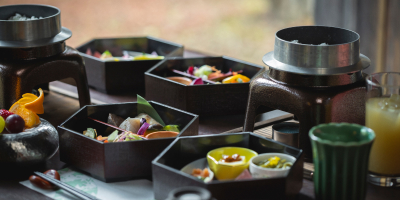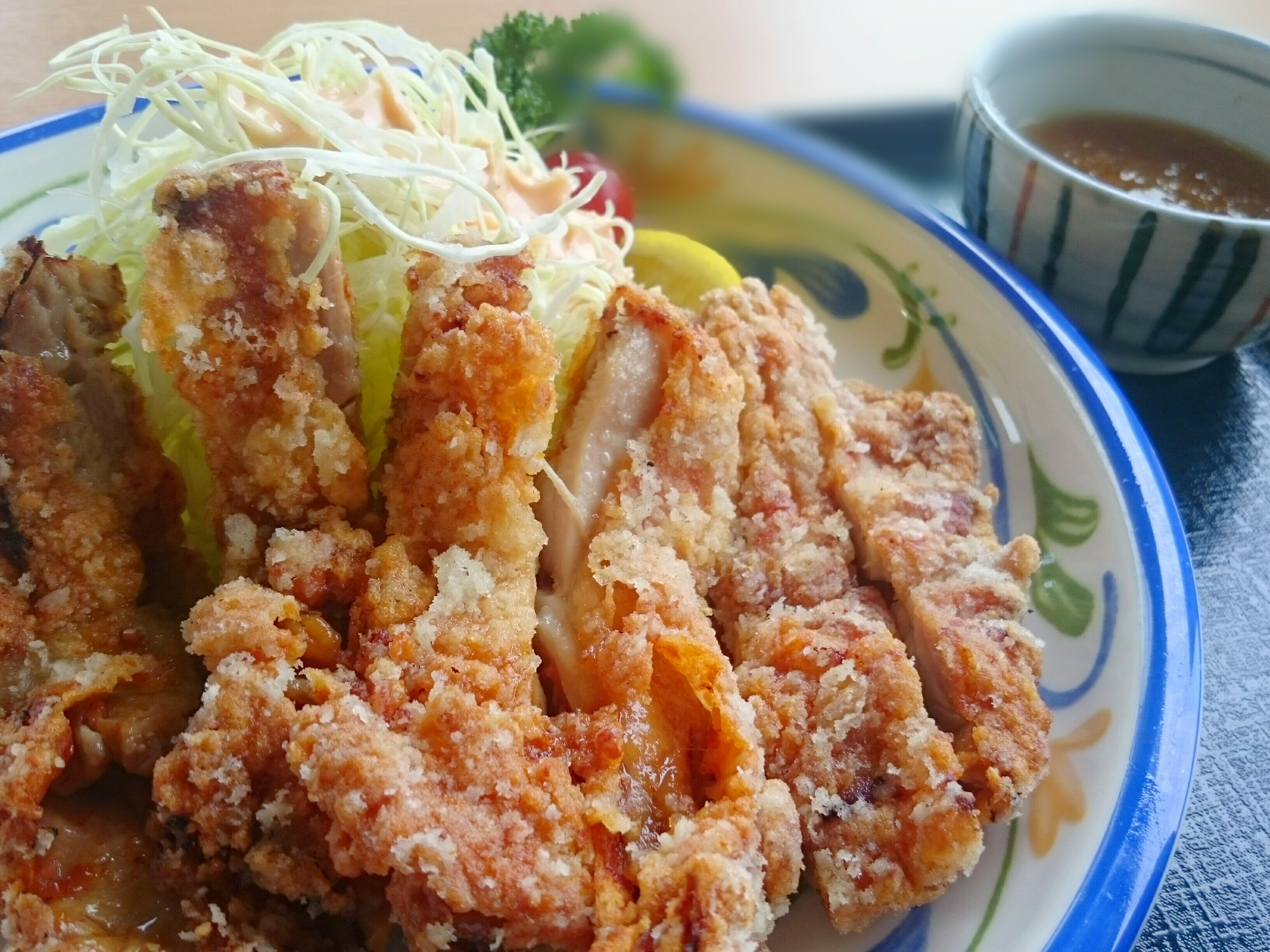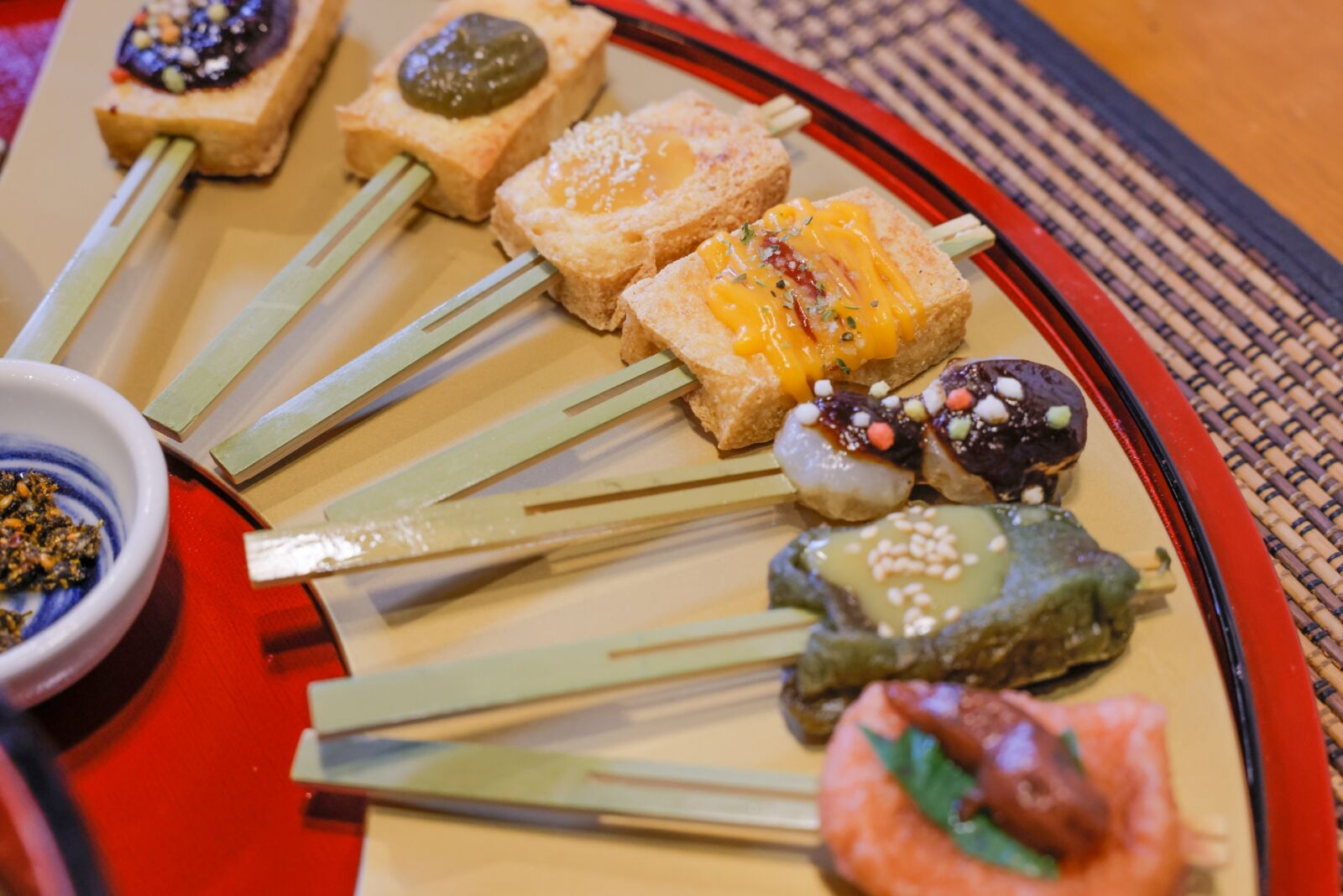
Japan is highly regarded for their rich culinary scene, but is not necessarily the easiest location to navigate for those with dietary restrictions. However, with a little insight and some adventurous spirit, you can savor the delectable plant-based delights that Japan has to offer.
Understanding the Landscape of Japanese Cuisine
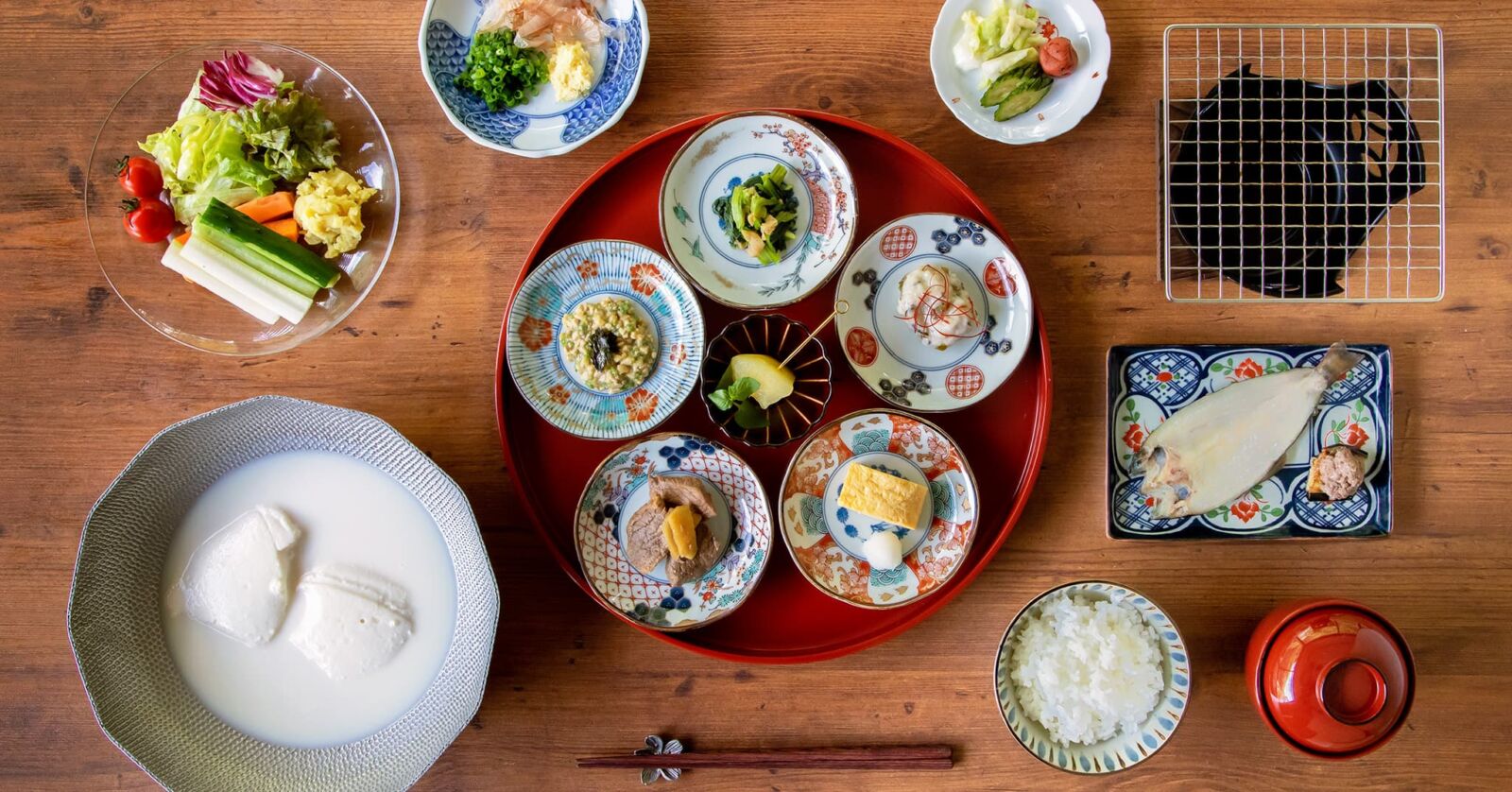
Before we delve into finding vegan food, it's essential to understand the culinary traditions of Japan. Japanese cuisine is often centered around fresh, local ingredients, seasonal produce, and a whole lot of umami—that savory taste that brings depth to dishes. While many traditional dishes feature fish, meat, and dairy, there are countless plant-based options waiting to be discovered, especially if you know where to look.
Finding Vegan Food in Japan
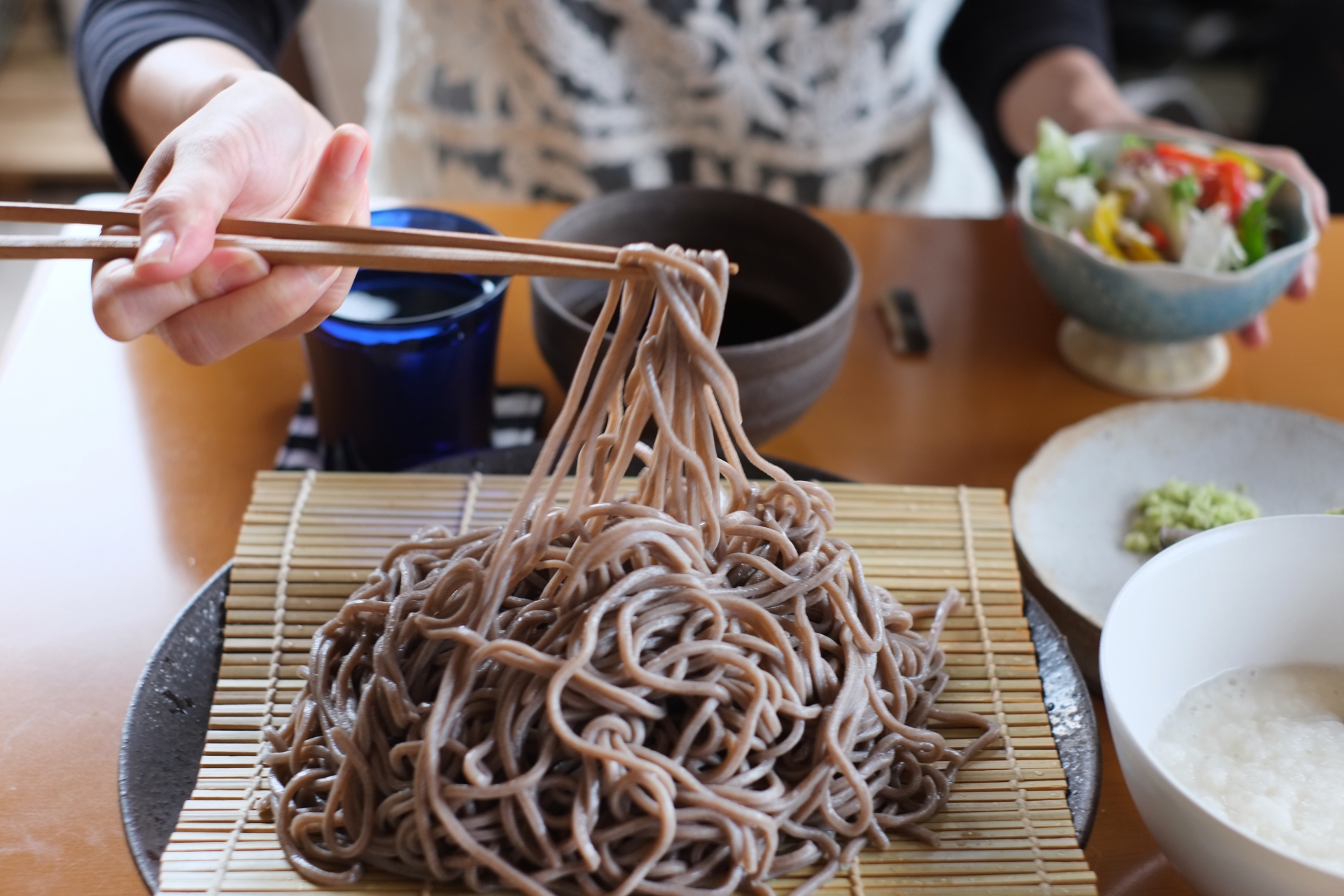
1. Do Your Research
Before you even set foot in Japan, take advantage of online resources. Websites like HappyCow and VegGuide are invaluable for finding vegan-friendly restaurants and cafes. You can also follow food bloggers who specialize in vegan travel to Japan—they often share hidden gems and unique experiences.
2. Learn Some Key Phrases
While many chefs and restaurant employees in urban areas understand basic English, knowing a few key phrases can make your dining experience smoother. Here are some handy phrases to remember:
"Watashi wa vegan desu." (私はビーガンです。): "I am vegan."
"Niku wo tabemasen." (肉を食べません。): "I do not eat meat."
"Dairy wo tabemasen." (乳製品を食べません。): "I do not eat dairy."
Having these phrases at your fingertips can open doors and lead to conversations that reveal more vegan options.

3. Visit Vegan Restaurants
Japan is home to an increasing number of vegan and vegetarian restaurants, especially in major cities like Tokyo, Kyoto, Nagoya, and Osaka. These eateries not only serve familiar dishes but also introduce unique plant-based takes on traditional cuisine. Here are a few noteworthy places to consider:
T's Tantan (Tokyo): Renowned for its delicious vegan ramen, this spot is a must-visit for noodle lovers.
Ain Soph (Tokyo & Kyoto): Offering a range of beautifully presented vegan dishes, from hearty meals to decadent desserts.
Mamezen (Kyoto): A cozy spot serving traditional shojin ryori (Buddhist vegetarian cuisine), offering a glimpse into Japan's culinary history.
Bio Terrace (Nagoya): Serving up both vegan and non vegan options for the whole group to enjoy.
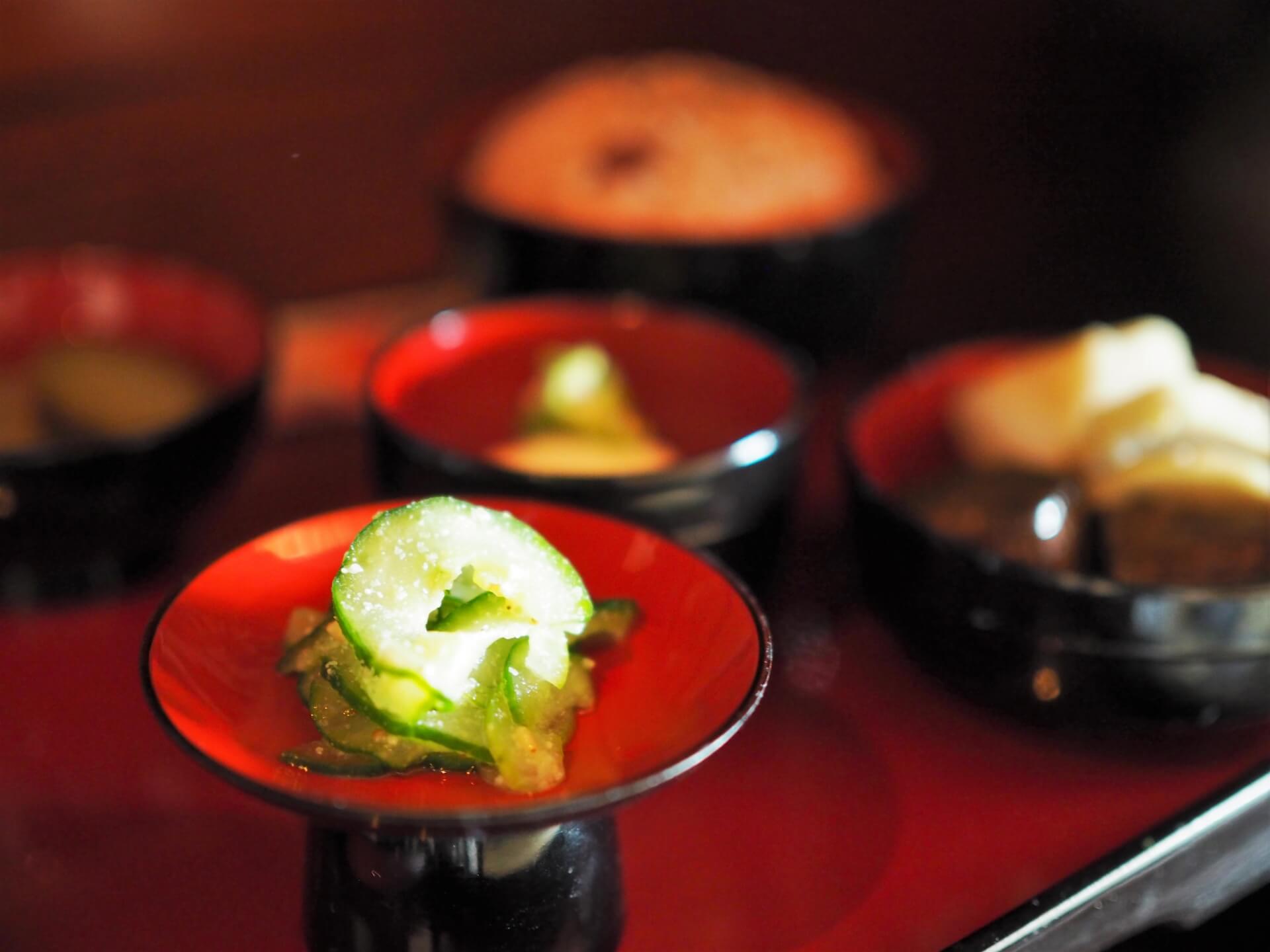
4. Embrace Shojin Ryori
For a truly immersive experience, seek out “shojin ryori,” the traditional Buddhist vegetarian cuisine that originated in Japan. These meals focus on seasonal vegetables, tofu, and grains, all prepared with an emphasis on harmony and balance. Visiting a temple that offers shojin ryori can turn a meal into a memorable cultural experience.
5. Explore Convenience Stores
Japan’s convenience stores, or konbini, are a treasure trove for quick and affordable meals. While many items contain animal products, you can find various vegan options. Look for:
Onigiri (rice balls): Opt for fillings like umeboshi (pickled plum) or seaweed.
Salads: Many stores offer pre-packaged salads that often contain a variety of fresh vegetables.
Snacks: Roasted seaweed, edamame, and fruit can be easily found and are perfect for on-the-go munching.

6. Connect with the Community
Consider joining a guided tour to a farm or a restaurant offering cooking classes or fruit harvesting experiences. These are wonderful opportunities to connect with locals an experience Japanese traditions for yourself.
1-Day Tour from Matsumoto: Tenryu River-Rafting & Fruit-Picking
- Spots:
- Pick-up:
- Drop-off:
1-Day Togakushi Legends Tour: Hands-on Soba Noodles, Ninja Village, and Hidden Shrines
- Spots:
- Pick-up:
- Drop-off:
7. Be Open and Adventurous
Finally, keep an open mind and an adventurous palate. Japan is known for its innovation, and many chefs are keen to accommodate dietary preferences. If you find yourself in a traditional izakaya (Japanese pub) or restaurant, don’t hesitate to ask the staff about vegan options. Many are willing to customize dishes, and you might end up with a delightful surprise!
Key Ingredients to Embrace
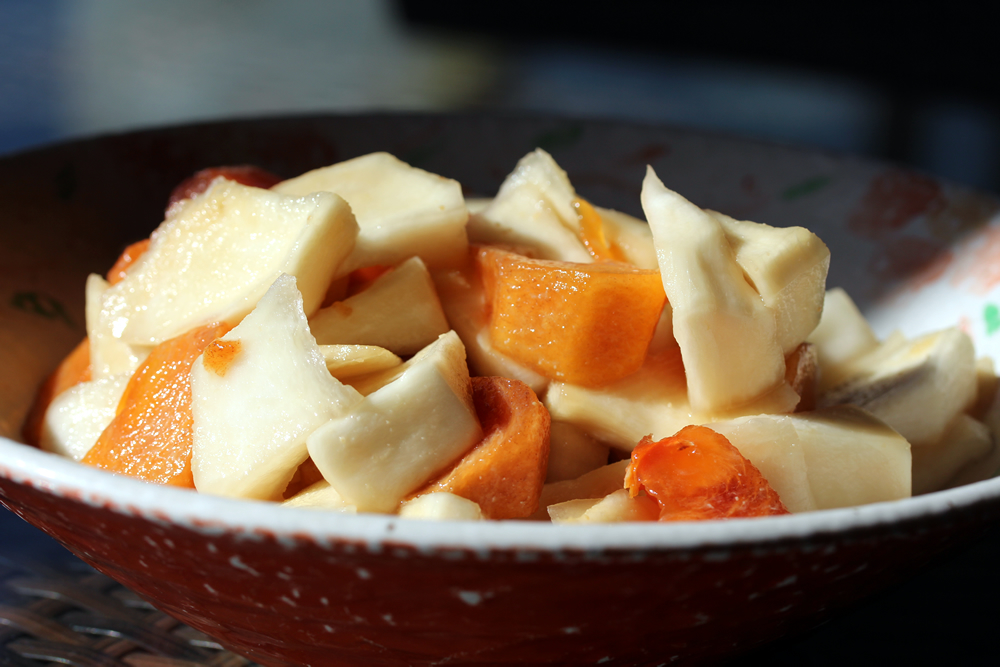
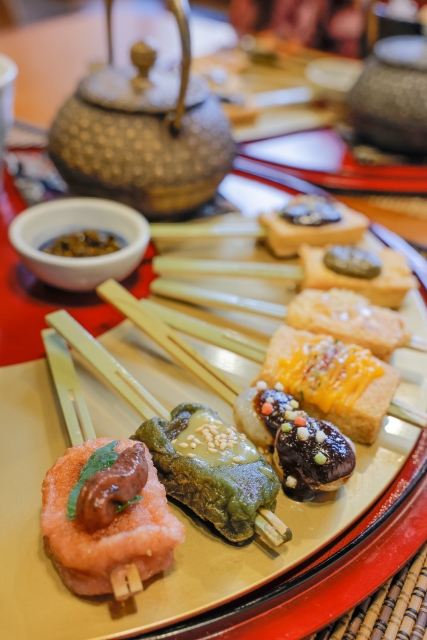

Japanese cuisine is rich in ingredients that fit perfectly into a vegan diet. Here are some staples to keep an eye out for:
Tofu & Tempeh: A fantastic source of protein, these soy products are versatile and delicious.
Miso: A fermented soybean paste that adds depth to soups and marinades.
Seaweed: Nori, wakame, and kombu not only pack a nutritional punch but also bring unique flavors.
Vegetables: Seasonal vegetables are a cornerstone of Japanese cooking. Look for daikon radish, lotus root, and various mushrooms.
Rice and Noodles: Udon, soba, and even certain ramen can be found in vegan versions. Just make sure to confirm the broth!
Traveling in Japan as a vegan doesn’t mean compromising on the rich flavors and culinary experiences the country offers. With a little preparation, a few key phrases, and an adventurous spirit, you can navigate this vibrant food landscape and discover a wealth of delicious plant-based dishes.
However, if you are nervous about booking restaurants or hotels offering vegan options, please do not hesitate to contact us. Our staff can assist in arranging the best experience based on your specific group and itinerary.




